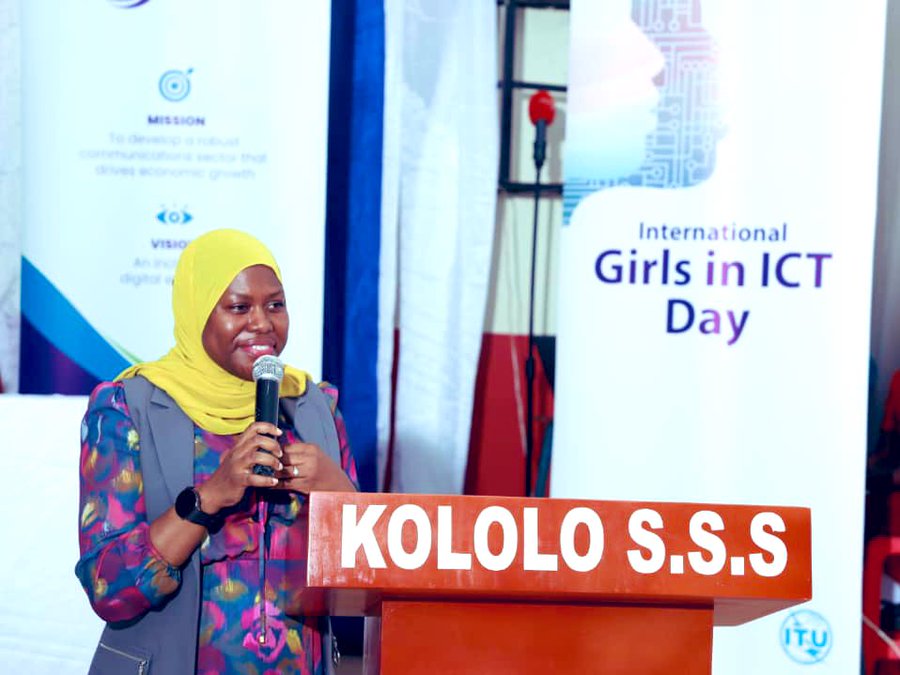Opinion: Recurrent pregnancy loss is manageable
By Arthur Matsiko
Losing a pregnancy can be stressing, but repeated miscarriages can leave permanent emotional gashes to the couple struggling to have a baby.
Frustration grows deeper usually due to the hardly accessible professional evaluation and treatment because there are few specialised clinics dedicated to recurrent pregnancy loss.
Three years ago, a couple visited Women’s Hospital International and Fertility Centre, Kampala, seeking remedy to frequent abortions.
The woman had miscarried three times, losing five babies (two sets of twins and a single baby) in 12 years. With the support of her husband, they sought medical control in vain. In the last abortion, her uterus was removed to save her life.
The exasperated duo lost hope of ever having a biological child since the ‘house’ where the baby grows was no more. Their story could send into emotional distress any couple or individual grappling with repeated pregnancy loss.
Meanwhile, this woman is not alone in this condition. Every month, between 10 and 20 cases of recurrent pregnancy loss are registered and managed at the hospital where I work.
In Recurrent Pregnancy Loss, Asher Bashiri reveals that approximately 15 per cent of all clinically recognised pregnancies in women less than 35 years old result into spontaneous miscarriage.
In spite of the anger and grief this mishap leaves the affected couples with, research on the topic is still scanty compared to other involuntary infertility.
Thus, one would argue that with limited research means there is limited knowledge about the causes and treatments for repeated abortions.
With advancements in technologies surrounding reproductive health and infertility treatment, however, it is increasingly becoming easy to ascertain the cause and remedy for spontaneous miscarriages, and help the affected couples sire biological children.
For example, another woman whose identity I cannot reveal was diagnosed with an incompetent cervix and thus her uterus was too weak to carry a baby to term.
Sadly this was realised late after the fourth miscarriage. Recurrent pregnancy loss can be due to other various reasons.
For example, TORCHES (Toxoplasmosis, Rubella, Cytomegalovirus, and Herpes Simplex virus, Syphilis) syndrome which affects the developing embryo.
According to Brigham et al in A Longitudinal Study of Pregnancy Outcome Following Idiopathic Recurrent Miscarriage, age is another significant factor determining prognosis for live birth.
This is because as a woman ages, the cellular mechanisms that govern the meiotic spindle formation and function have a higher rate of error.
Research estimates that 30 per cent of embryos are aneuploid in women aged 40 years. Aneuploidy is a condition that explains the presence of abnormal chromosomes, leading to pregnancy loss.
This will increase to 40 per cent at the age of 43, and approaches 100 per cent after the age of 45. The risk of spontaneous abortion increases from 8.9 per cent at the ages of 20-24 to 74.7 per cent after the age of 44; but the risk increases most significantly after the age of 35.
When I discussed with Dr Rachel Byarugaba, a fertility doctor, she said rhesus negative factor is a major contributor in recurrent pregnancy loss.
Dr Byarugaba says if a man’s blood group is Rhesus positive (for example AB+) while a woman’s blood group is Rhesus negative (for example B-), the risk of recurrent miscarriages is very high.
Rhesus D-negative women who deliver a Rhesus D-positive baby or who are otherwise exposed to D-positive red cells are at risk of developing anti-D antibodies. D-positive fetuses/neonates of these mothers are at risk of developing hemolytic disease of the fetus and newborn (HDFN), which can be associated with serious morbidity or mortality.
The rational is that the woman’s body will develop antibodies to fight the ‘strange’ embryo whose rhesus factor is not compatible with the body in which it would otherwise grow.
Eventually, the baby will be expelled/miscarried.
Nonetheless, if this condition is realised earlier, the mother can be given anti-D Immunoglobulin to neutralize any Rhesus D-positive antigens that may have entered the mother's blood during pregnancy.
Other risk factors include habits such as smoking, alcohol, and caffeine; endocrine abnormalities, and obesity, among others.
It should be noted that in modern times, repeated pregnancy loss is usually studied from the woman’s perspective due to the close association between the mother and the developing embryo.
But fertility experts say this condition is also associated with male factor.
If an abnormal sperm fertilizes the egg, the resulting embryo might be abnormal thereby warranting a miscarriage.
Couples undergoing this strain should visit an obstetrician/gynaecologist for treatment.
Luteal support medication is usually recommended for a pregnant mother who has previously suffered repeated miscarriages. Even when one loses a uterus, she can still have babies through surrogacy.
The author is a Communications Officer, Women’s Hospital International and Fertility Centre, Kampala Email: marthur@womenshospital.net













